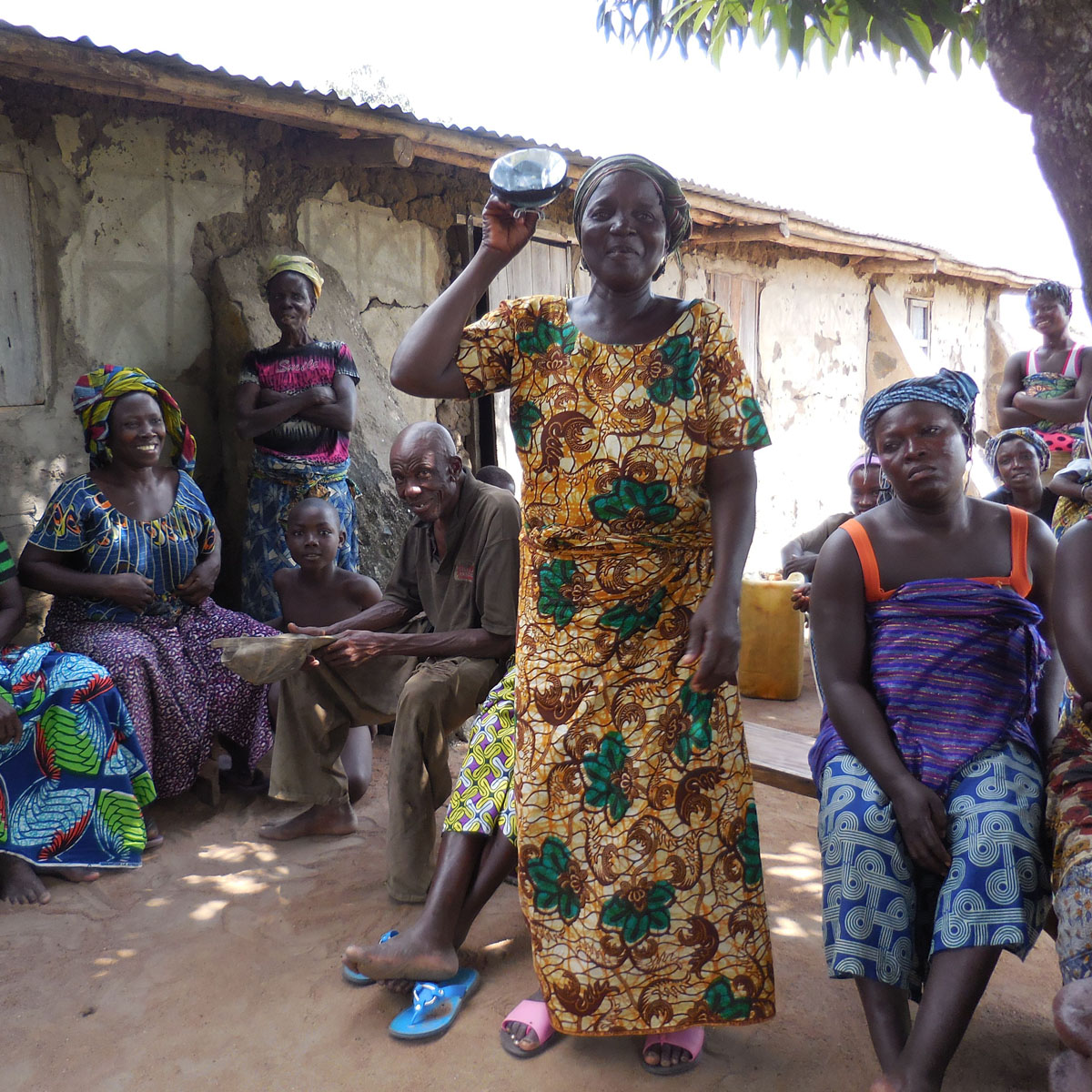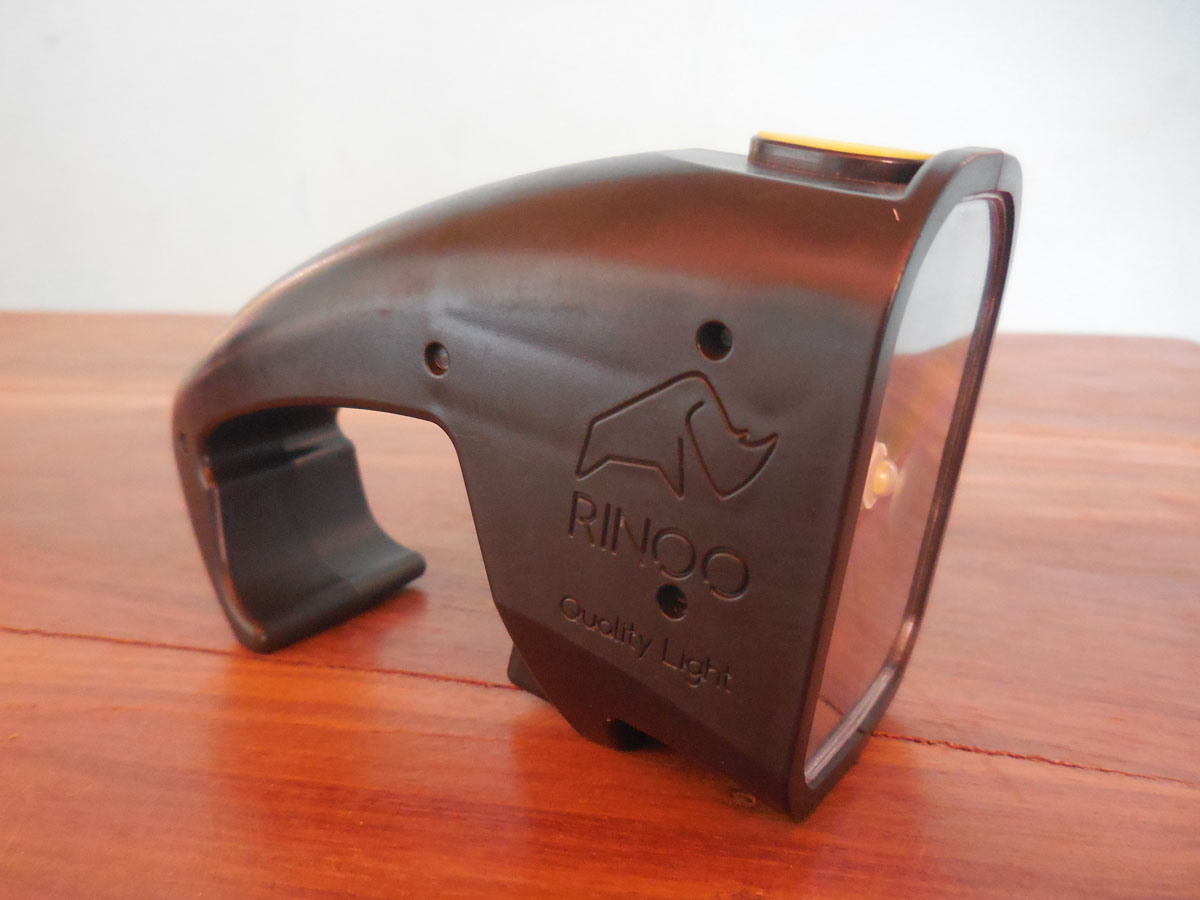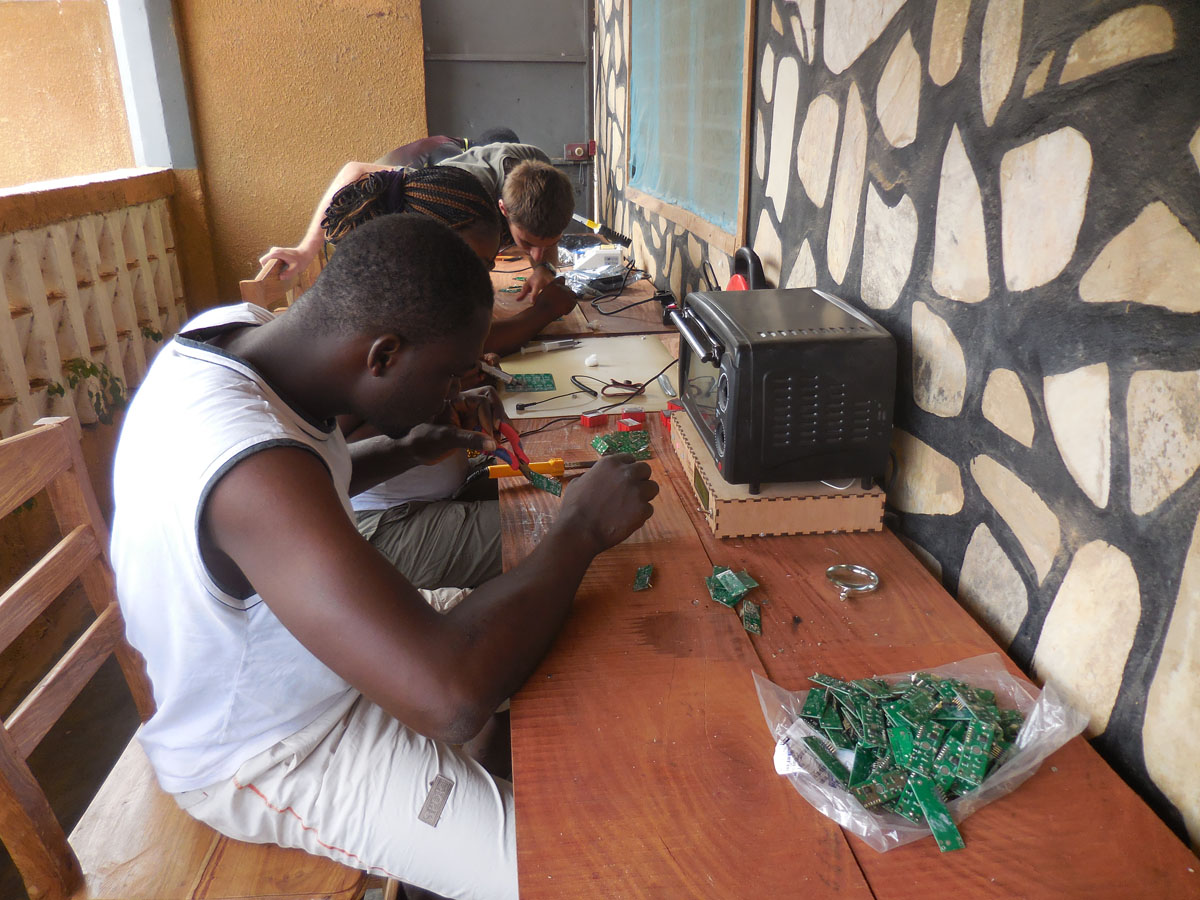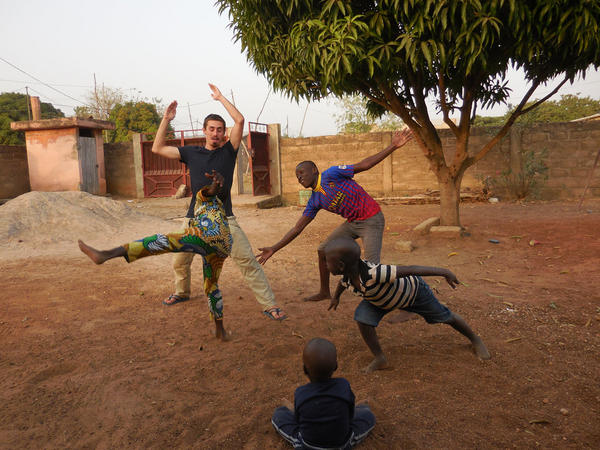Sunny perspectives for the future: an interview with intern Ian Vinck
Ian Vinck follows the post-bachelor programme International North South Collaboration at the university of applied sciences UC Leuven-Limburg. For the solar kiosk project organised by Solar Without Borders he spent time in Benin and Togo between late October 2015 and April 2015.

Ian, why did you choose this internship?
“Before I started this programme I got my degree in civil engineering. I wanted to work with renewable energy, which is the hot topic of the future. In Africa, solar energy is an obvious choice, and the past few years the market for solar panels has grown exponentially. Solar energy is practical because it also works on a small scale: you’re not dependent on the government to create large infrastructures.”
You started your internship in Savalou in Benin?
“I did. Around Savalou, four solar kiosks where Solar Without Borders rents solar lamps to the local inhabitants have been opened since 2015. My stay there functioned as an introduction: I did a lot of repairs and became familiar with the underlying system. How does the renting out work, who are the customers, what might need improving in the daily management, etc.”


And then you left for Togo?
“To Sodoke, where the solar lamps are being manufactured. For a month, I followed every step of the production process closely. How to we make these lamps? What about chargers, and safety systems? We also introduced the so-called Rinoo lamp, a solar lamp with a casing made from recycled plastic. The calabash lamps that Solar Without Borders has been renting out up until now are too fragile, and need repairing too often. The new Rinoo lamps are much sturdier and should last for at least three years. That’s not very much on the face of it, but people can always come to the kiosks for maintenance and repairs. That is one of the project’s key aspects.”
And then you went back to Benin?
“I did. I first went back to Savalou for several weeks to make technical improvements to the existing kiosks: extra safety circuitry, more protection, etc. Small actions that can increase the life expectancy of the installations and the lamps. And then we went to Natitingou to start up a brand new production unit in Benin, and to install four new kiosks.
That was quite the operation: finding a suitable building, recruiting employees, prospecting in the neighbouring villages. What is the estimated purchase of the solar lamps? Who can we consider to manage the kiosks? Can we set up a committee to keep an eye on things? In March we finally started the actual production. I trained the four employees, and together we made approximately 300 Rinoo lamps, and everything that was needed to set up four solar kiosks. I left, confident that things would be okay.”

What has stuck with you the most?
“I have learned an enormous amount. Not just technical knowledge, but also in the field of management: planning, organising, mediating, etc. Incidentally, collaborating with people is an excellent way to truly get to know each other. And that sometimes also brings out the cultural differences. (laughs) I think the thing I learned most is independence. Taking the initiative and making your own plans.”
